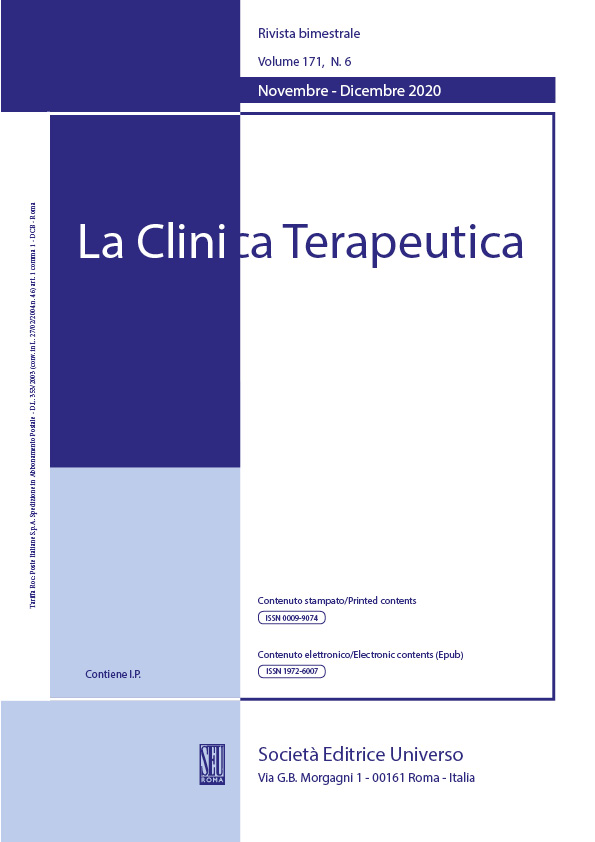Abstract
Autism spectrum disorders (ASD) belong to the category of neurodevelopmental disorders. ASD emerges in early childhood and involves deficits in communication, language, behavioural inflexibility and fixity, and sensorial neurodivergent perception. ASDs have a biological pathogenesis related to genetic and epigenetic factors.
Additionally, research has shown that starting from childhood, autistic persons could find emotional regulation challenging during communication with caregivers.
The importance of emotional co-regulation has always been underlined in Psychology, starting with Freud who introduced the concept of the Compassionate Other.
Emotional difficulties are grasped immediately and almost instinctively by parents, who try to modulate their approach to the child's needs from the very beginning.
This paper seeks to highlight the importance of emotional co-regulation as a wake-up call in those developmental trajectories that present peculiarities/anomalies, also highlighting its importance as a useful tool to intervene in the dysfunctionality of such trajectories, since the evolution of the cognitive framework in using this target directly involving parents in treatment as in Cooperative parent-mediated therapy.
This article aims to review the most recent literature on co-regulation after explaining the theoretical framework that gave rise to this concept.
It's now well established the importance of adopting a developmental approach that starts from the bodily dimension as the basis for the relationship with caregivers, pairs, and unfamiliar people.
It is from this basis that starts the affective, emotional, and cognitive construction of the internal and external world of the child.
This scoping review takes consideration of the most recent contributions on co-regulation and autism emphasizing the importance of this process in diagnostic and therapeutic settings.
